Why fighting gun violence by arming citizens isn't a crazy idea
If the goal is to stop people from dying, it might be the most realistic short-term solution we have

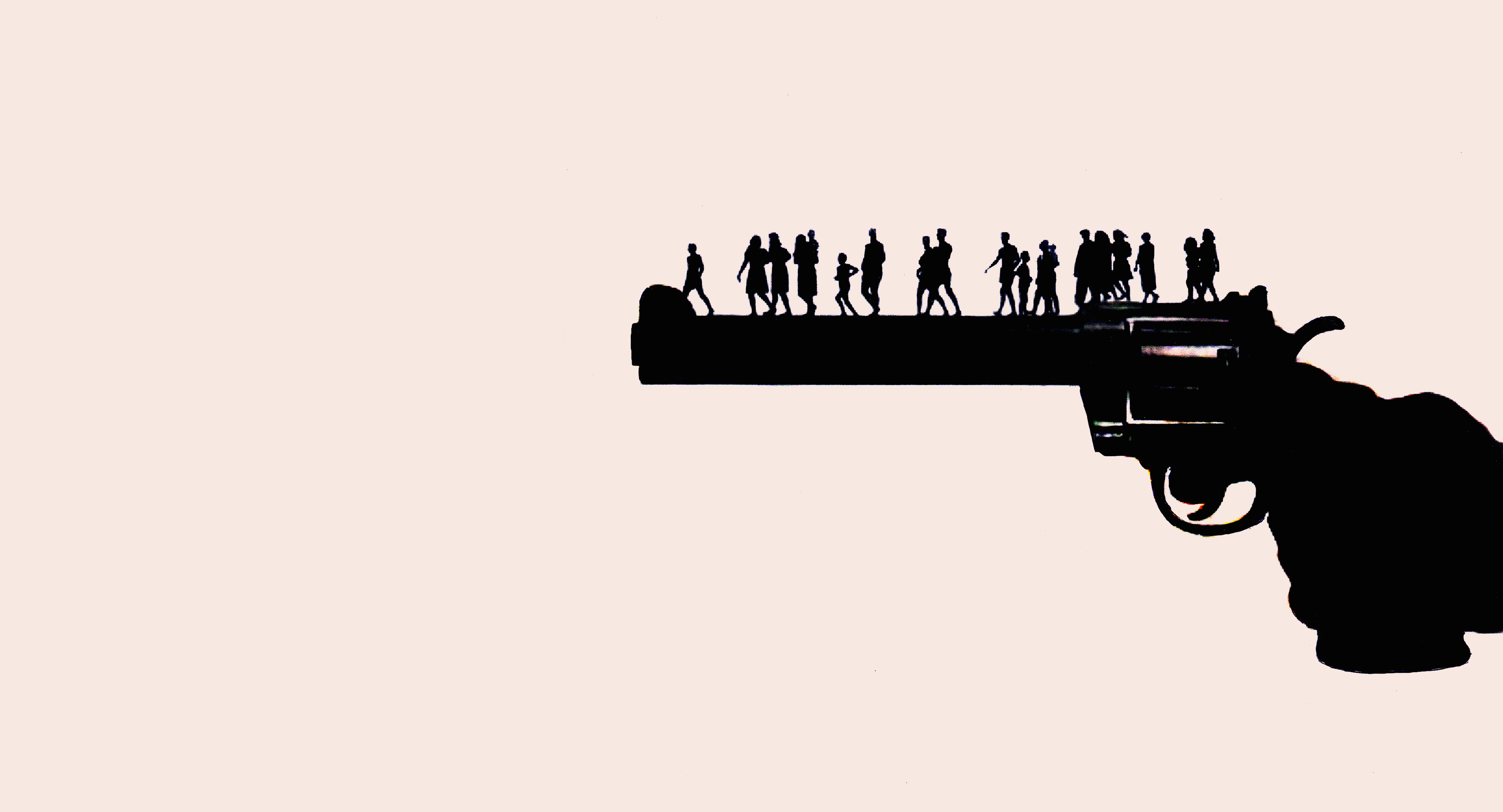
The last time I wrote about a mass shooting, I decided to publicize an argument made by a group of gun control advocates who were insanely frustrated at the sclerosis within their own movement. Their idea: Focus on the ammo. Bullets are perishable. Laws to restrict and monitor mass ammo purchases might deter some (though certainly not all) potential shooters, and it would also have a real effect in poor, non-white communities where gun violence is the norm, not the exception.
It was clear to me, as it should be clear to everyone today, that these tweeted-and-televised atrocities, even as they become more common, do not change the laws of political physics that constrain the gun control debate to two highly caricatured, unproductive dimensions. Because there is no realistic way to confiscate guns, and because the right to buy guns is, for better or worse, enshrined within the Constitution and was reaffirmed by the Supreme Court in its Heller decision, guns are not going to disappear.
The question for everyone then becomes: Given these constraints, what's the most critical, time-sensitive policy outcome? Fewer guns? Or fewer mass shootings? Or fewer people dying during of mass shootings?
The Week
Escape your echo chamber. Get the facts behind the news, plus analysis from multiple perspectives.

Sign up for The Week's Free Newsletters
From our morning news briefing to a weekly Good News Newsletter, get the best of The Week delivered directly to your inbox.
From our morning news briefing to a weekly Good News Newsletter, get the best of The Week delivered directly to your inbox.
It is tempting to lump all gun violence together and then reason outwardly from there, but I fear that in doing so, we close ourselves to avenues of progress because we're addicted to the self-righteousness we associate with our own side.
Is the epidemic of gun violence in cities like Chicago in most ways similar to mass shootings perpetrated at random? Do we have a coherent theory of how they're both linked to police violence? If we don't, then what good does it do us to draw our conclusions from the highest-level abstractions we can muster? Yes, American history bleeds red from guns. Yes, human beings can become brutally violent. Yes, I am absolutely interested in talking about the nexus between certain types of mental illness and violence, and between violence and evil, and between evil and guns.
I am more interested in figuring out ways to reduce the number of innocent people killed, right now.
Even with the NRA's stranglehold on politics, we can instruct the CDC to research guns and violence and public health, and we can (and should) use existing laws to prevent people with certain mental illnesses from buying them, and we absolutely must — must — create a social safety net fot the mentally ill in general. All of that we should do, today. We all say this every time we see a mass shooting.
A free daily email with the biggest news stories of the day – and the best features from TheWeek.com
The police are not likely to respond to a mass shooting quickly enough to save lives. In San Bernardino, a SWAT team was training nearby, and three suspects still managed to escape.
Ordinary people who volunteer to carry guns, who would receive significant and regular training from the government, might be in a position to intervene. I've always wondered why this suggestion is immediately ridiculed; properly trained citizens can serve as a deterrent if bad guys know that they might encounter them, and in some circumstances they might also be able to subdue or kill the attackers before they can kill dozens of people at will.
It's the "at will" part that bothers me. It always has. Why do people who support restrictive gun control — and I count myself as someone who does — mock the notion that, in some circumstances, particularly and exclusively at locations where lots of people gather to work, play, or live, having a few highly trained, armed good guys shooting back at the bad guys might be an option worth exploring?
It is absolutely consistent to believe that anyone who buys a gun should be subject to an extensive background check, should undergo some sort of standardized training, must be re-certified, and must register their firearms with the state... and also believe that it would be nice to have more of these people around when bad people start shooting randomly.
I would love for guns to vanish, but I do not live in a world where guns will vanish.
I would love for more restrictive guns laws to be passed, but I do not live in a world where the politics will allow such laws to be passed.
Most of all, I want to reduce the number of people who die from mass shootings. I think it is ethically and morally imperative to prioritize the saving of life.
I understand the basic objections to this idea. There will be accidents. Innocents might get caught in the crossfire. More guns in one place induces a measure of disgust. Police need to be able to distinguish between armed civilians and bad guys.
But I don't really understand why, if workplaces have fire wardens and people trained to give colleagues CPR and people who tell us where we should hide during earthquakes, we shouldn't also have colleagues who are specifically trained to respond to people who might attack us, too? (Security guards are there for that purpose, you say, and I say yes: Let's arm them, standardize and increase their training, and stop denigrating their profession. Make them more than rent-a-cops. Never use that phrase again.)
Until someone invents a technology that allows ordinary people without guns to subdue people with guns, we don't have many options if the immediate goal is to save lives. Which, in this case, I think it should be.
Marc Ambinder is TheWeek.com's editor-at-large. He is the author, with D.B. Grady, of The Command and Deep State: Inside the Government Secrecy Industry. Marc is also a contributing editor for The Atlantic and GQ. Formerly, he served as White House correspondent for National Journal, chief political consultant for CBS News, and politics editor at The Atlantic. Marc is a 2001 graduate of Harvard. He is married to Michael Park, a corporate strategy consultant, and lives in Los Angeles.
-
 The former largest iceberg is turning blue. It’s a bad sign.
The former largest iceberg is turning blue. It’s a bad sign.Under the radar It is quickly melting away
-
 Why Saudi Arabia is muscling in on the world of anime
Why Saudi Arabia is muscling in on the world of animeUnder the Radar The anime industry is the latest focus of the kingdom’s ‘soft power’ portfolio
-
 Scoundrels, spies and squires in January TV
Scoundrels, spies and squires in January TVthe week recommends This month’s new releases include ‘The Pitt,’ ‘Industry,’ ‘Ponies’ and ‘A Knight of the Seven Kingdoms’
-
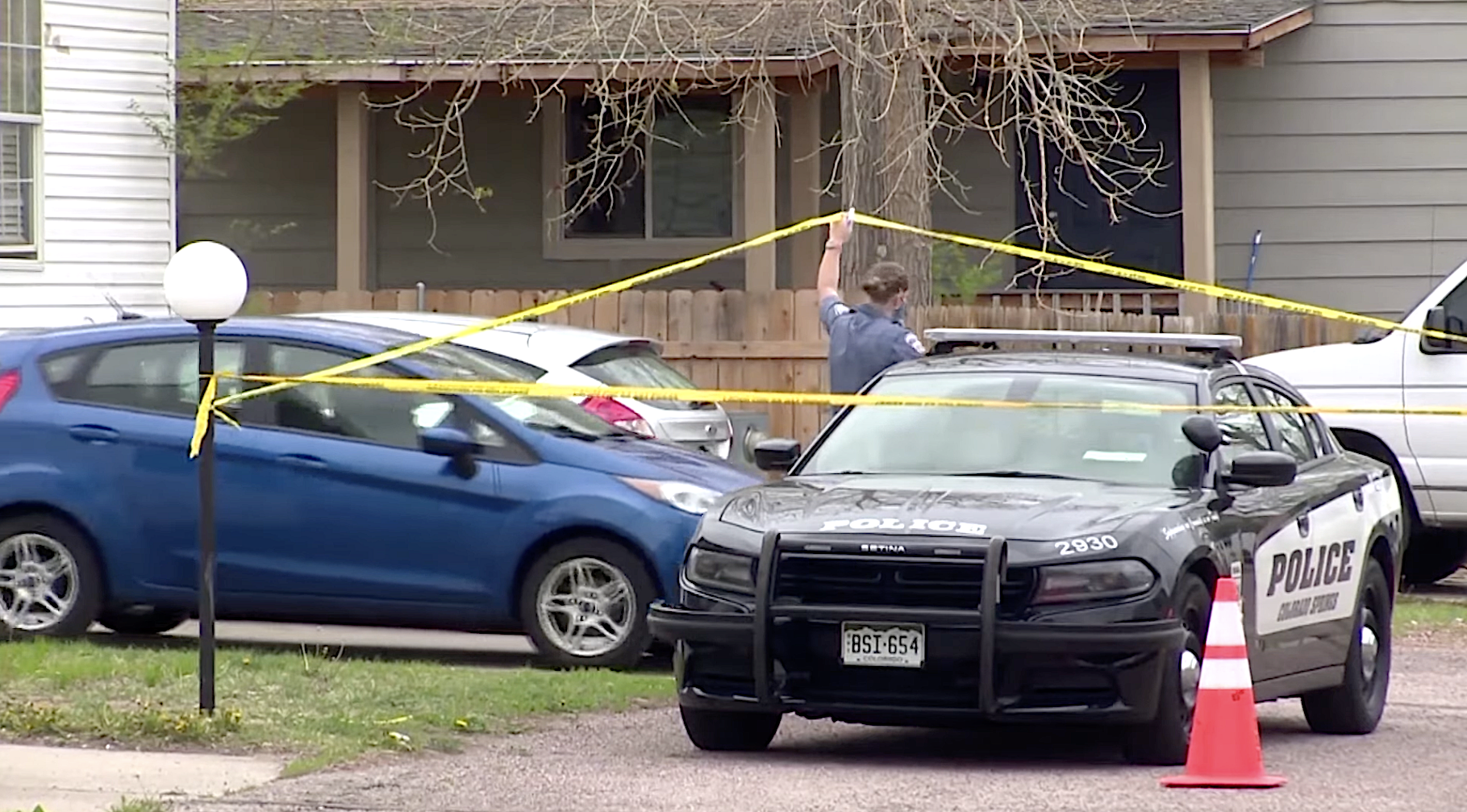 Gunman kills 6, himself at Colorado Springs birthday party
Gunman kills 6, himself at Colorado Springs birthday partySpeed Read
-
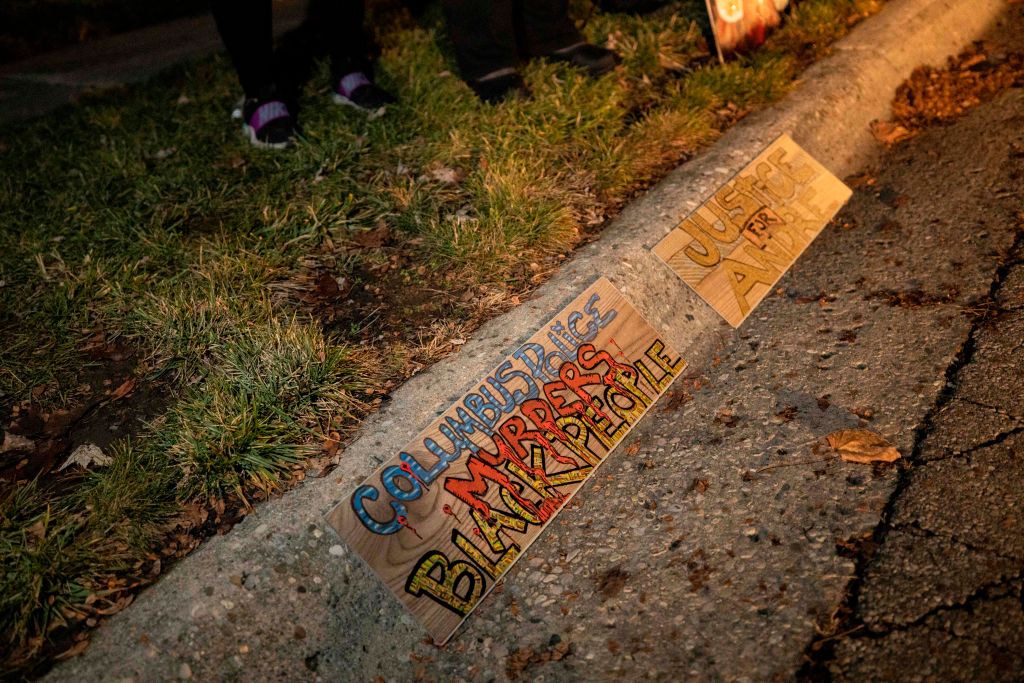 Columbus police fatally shoots Ma'Khia Bryant, 16, quickly releases body-cam footage
Columbus police fatally shoots Ma'Khia Bryant, 16, quickly releases body-cam footageSpeed Read
-
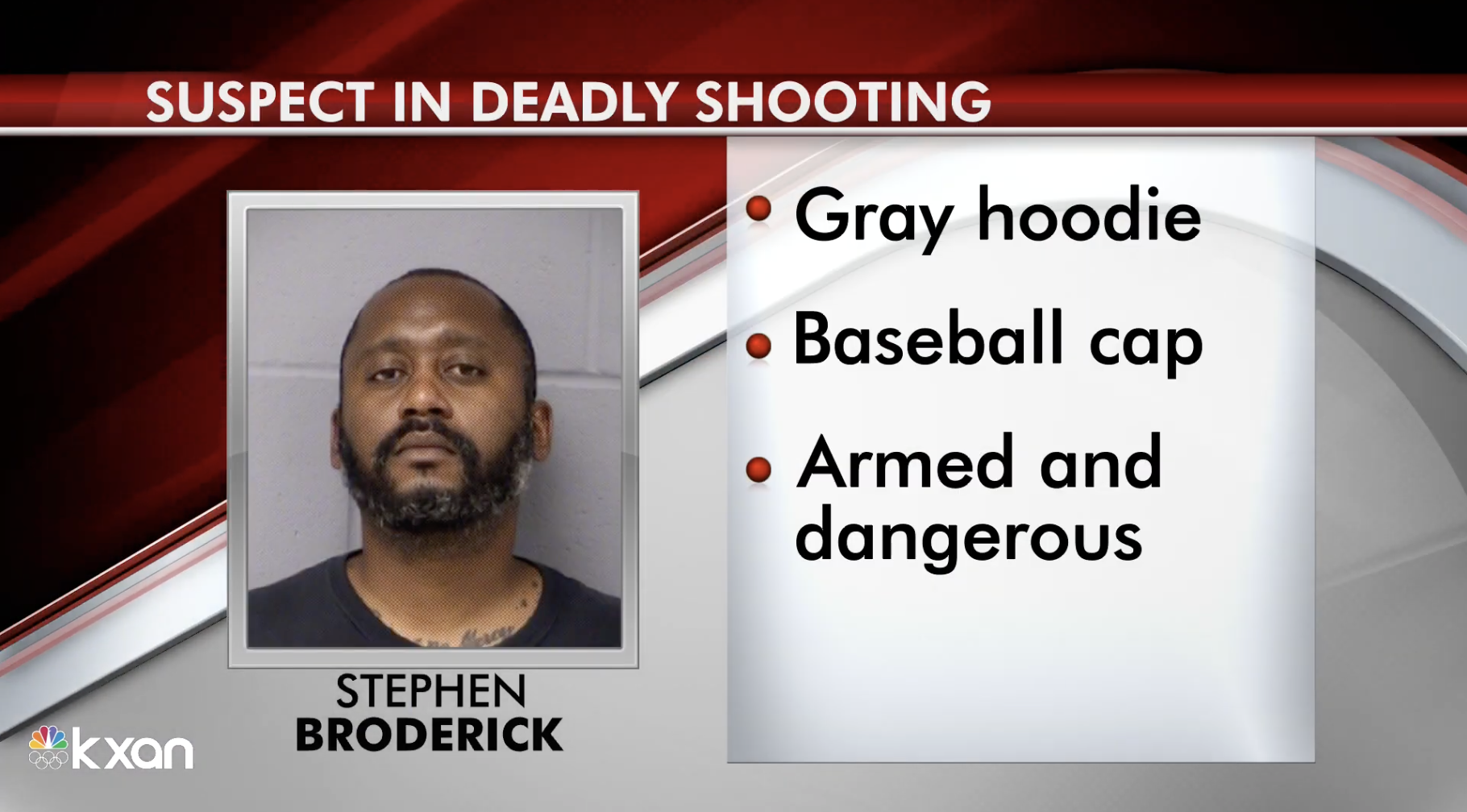 Austin police, feds searching for ex-sheriff's deputy accused of killing 3, in Sunday's 2nd mass shooting
Austin police, feds searching for ex-sheriff's deputy accused of killing 3, in Sunday's 2nd mass shootingSpeed Read
-
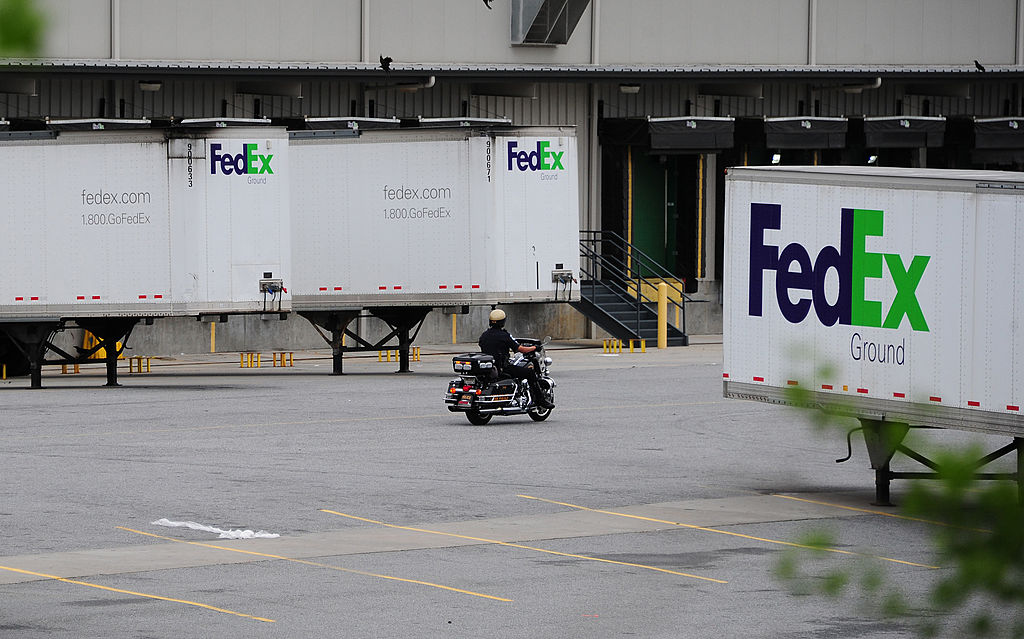 At least 8 dead in Indianapolis FedEx shooting
At least 8 dead in Indianapolis FedEx shootingSpeed Read
-
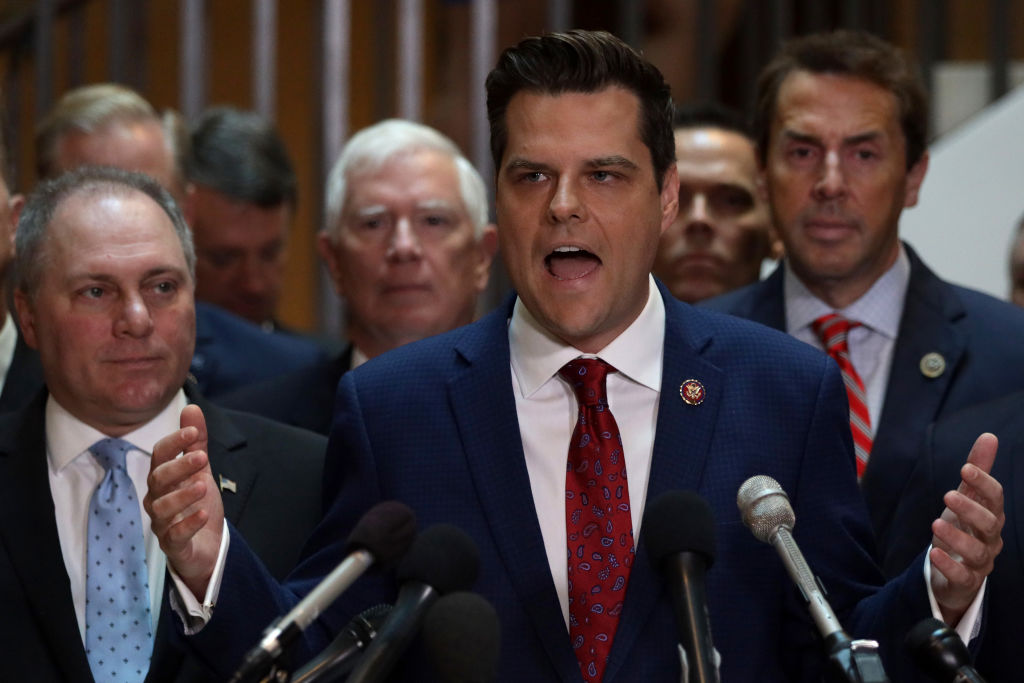 Scalise says GOP will 'take action' on Gaetz if DOJ moves ahead with 'formal' case
Scalise says GOP will 'take action' on Gaetz if DOJ moves ahead with 'formal' caseSpeed Read
-
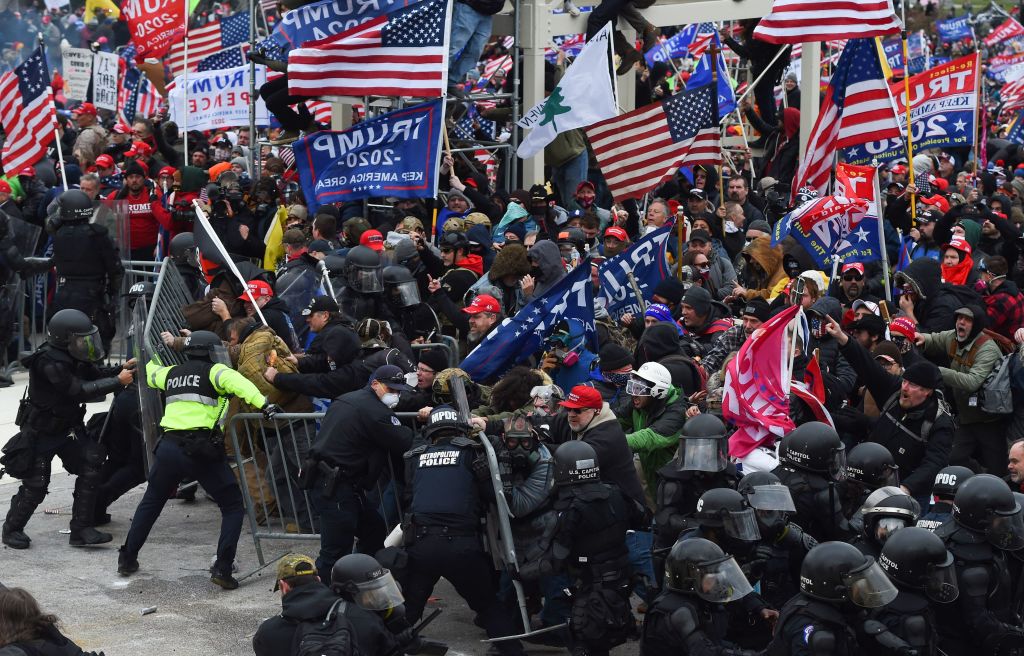 Watchdog report: Capitol Police knew about potential for violence on Jan. 6, but held back
Watchdog report: Capitol Police knew about potential for violence on Jan. 6, but held backSpeed Read
-
 Former classmate arrested in 1996 disappearance of college student Kristin Smart
Former classmate arrested in 1996 disappearance of college student Kristin SmartSpeed Read
-
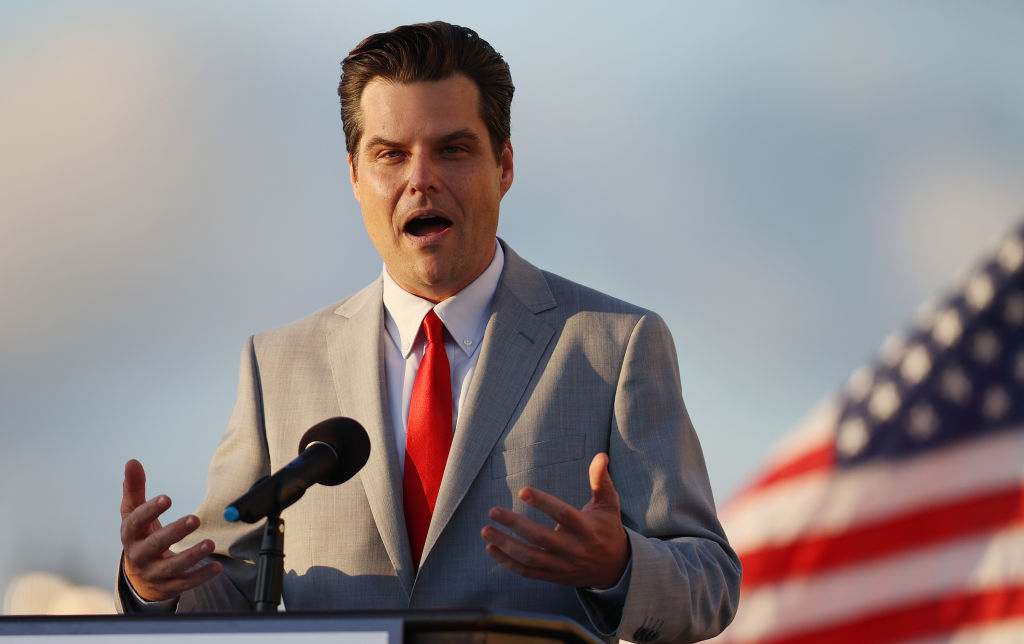 Report: Gaetz associate has been cooperating with federal investigators since last year
Report: Gaetz associate has been cooperating with federal investigators since last yearSpeed Read
